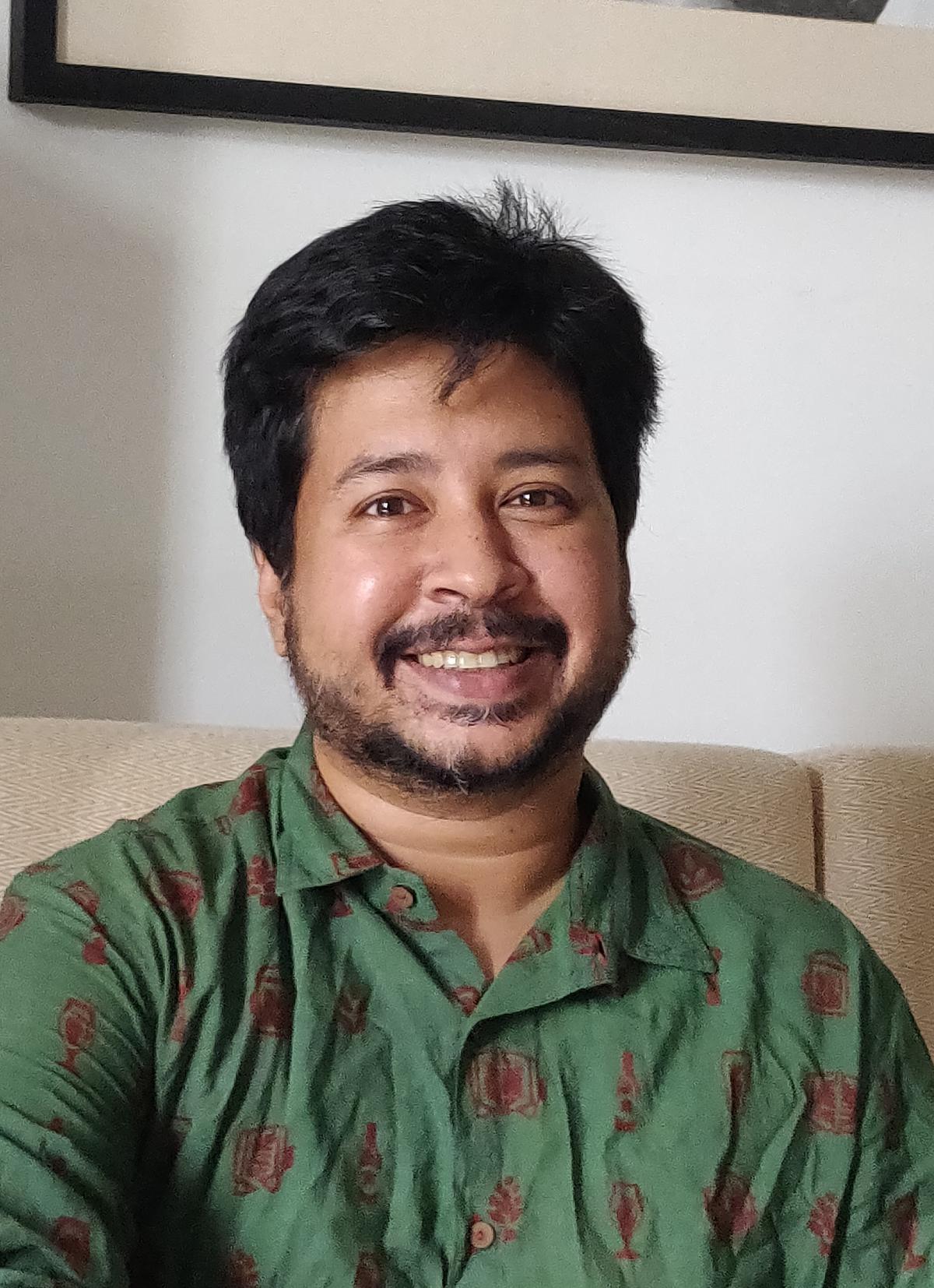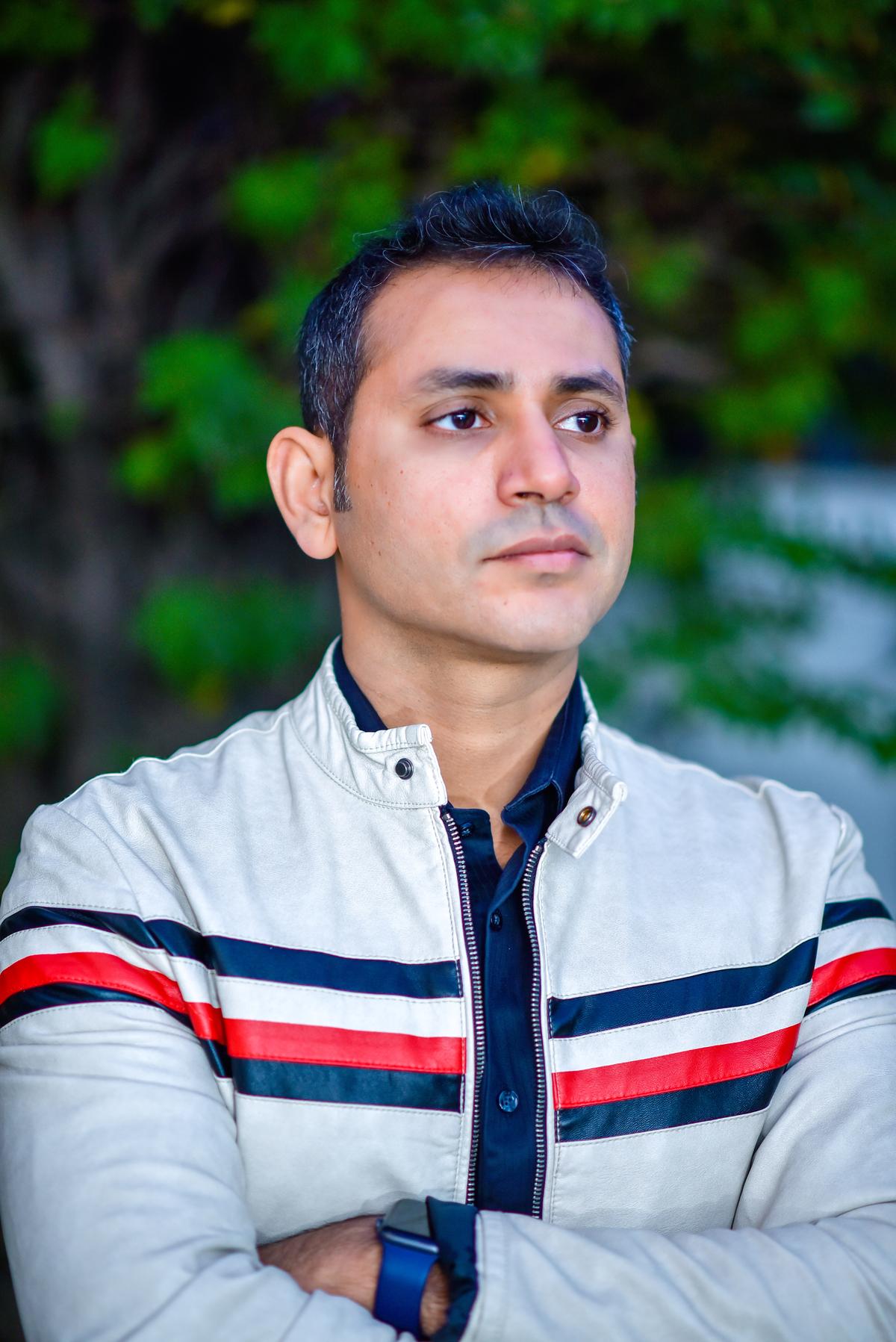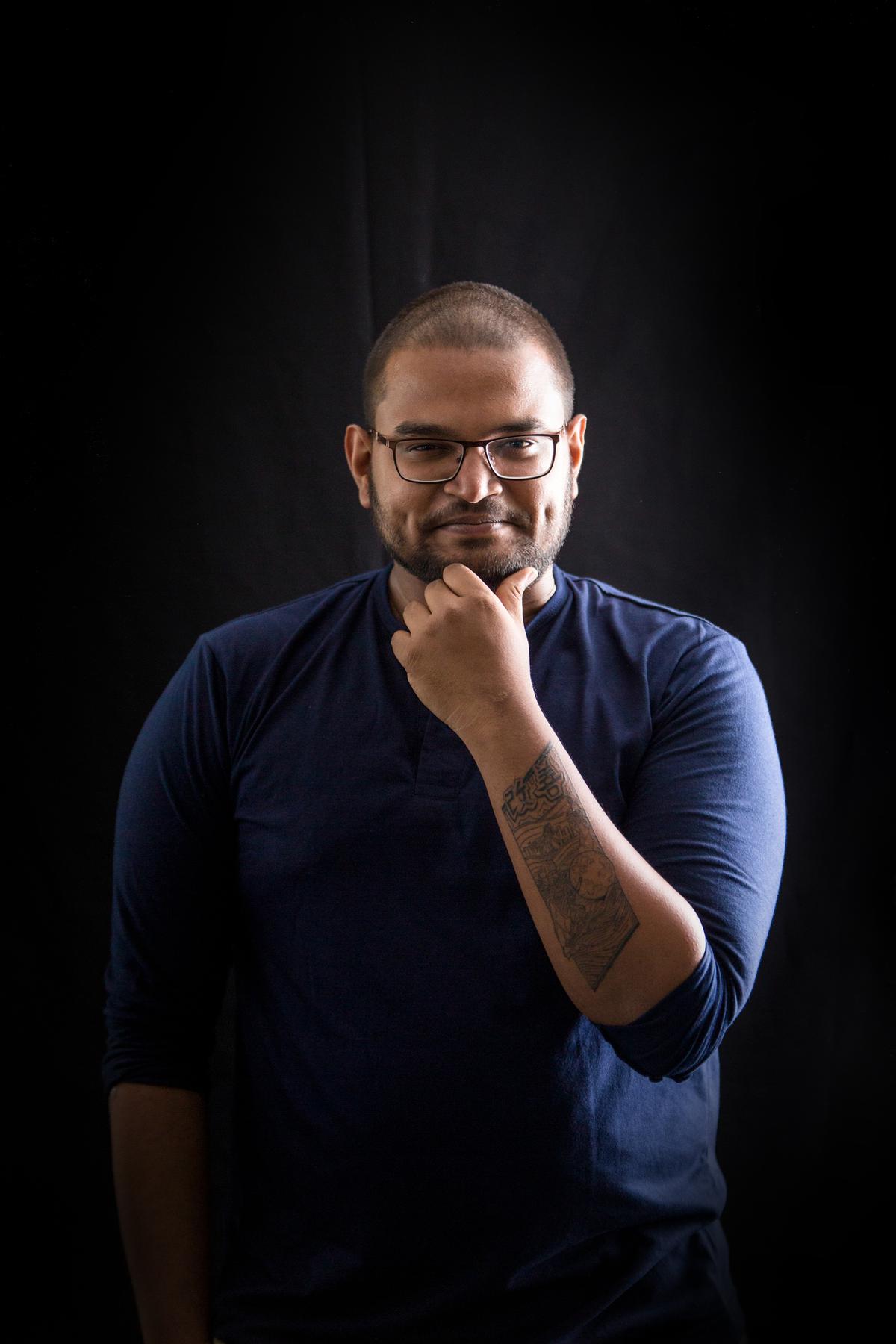The first fantasy e book I bear in mind studying is Tolkien’s traditional The Hobbit. Dragons, magic, dwarves, elves, kings, battles — there wasn’t a lot I didn’t love about it. It set me on a path to studying each sort of fantastical, bizarre and fantastic piece of literature I might discover. It’s an expertise many writers in South Asia determine with, one thing I realised after I interviewed them on my podcast, Arcx (for Dark ’n’ Light ezine).
Reading Tolkien years later, whilst a fan, is a special expertise. These days I’m cognisant that the daddy of recent fantasy literature had some pretty skewed views about race. It’s additionally onerous to disregard that The Lord of the Rings featured solely three outstanding feminine characters.
Interrogating literature that you just grew up consuming is a crucial a part of being a storyteller. And because of this, many South Asian authors have been impressed to jot down books set in their very own nations, that includes customs and characters which can be true to their life experiences. For many people, decolonisation is an ongoing course of, and it’s more and more obvious that the reclamation of tales is an enormous a part of that.
Difficult topics
Author Lavanya Lakshminarayan
Bengaluru-based author Lavanya Lakshminarayan too cites Tolkien as an early affect. The Hobbit prompted her first makes an attempt at storytelling. She says, “I talk about The Hobbit and The Lord of the Rings in glowing colours because of the sense of wonder and profound impact they had on me in my formative years. Having said that, there are huge gaps in these works.”
So, whereas she nonetheless appreciates Tolkien’s work, it’s value noting that Lakshminarayan’s personal debut novel, Analog/Virtual: And Other Simulations of Your Future (2020), revealed internationally as The Ten Percent Thief in 2022, is about in Bengaluru of the longer term, with a solid of characters which can be instantly recognisable to anybody who has lived in an Indian metro, or within the Silicon Valley of the South, particularly. This interconnected collection of tales explores troublesome subjects reminiscent of abortion, fascism, the toxicity of hustle tradition, the invasive attain of expertise, and the creeping devastation of local weather change.

Author Lavanya Lakshminarayan on the gaps in J.R.R. Tolkien’s work

Author Samit Basu
Another of Lakshminarayan’s influences is Samit Basu. One of India’s best-known modern science fiction and fantasy authors, Basu revealed his first e book, The Simoqin Prophecies, in his early 20s, and his 2020 e book Chosen Spirits, revealed internationally as The City Inside, garnered loads of curiosity from readers and critics alike. Set in Delhi of the close to future, Chosen Spirits provides us a glimpse of a grim however plausible future, which isn’t a lot dystopia however a capitalist fever dream stuffed with social media influencers, oligarchies, fascist uncles, underground revolutions, and the stark realities afforded by class and privilege.
Says Basu, “A lot of western or further-eastern hero literature usually comes from people who are writing from a completely safe space where they think that systems work, where they don’t have anyone to take care of, where the consequences of their actions are all along a very individual prism.”
Home benefit

Author Saad Z. Hossain
Bangladeshi author Saad Z. Hossain too explores themes which can be a recurring a part of life in his world — corruption, institutional neglect, resistance, and societal resignation — concepts that almost all South Asians perceive intimately. Also featured are djinns, magic, players, and spiralling humanity. His critically-acclaimed books, The Gurkha and the Lord of Tuesday (2019) and Kundo Wakes Up (2022), are set in cities reminiscent of Kathmandu and Dhaka, and present the top and the dregs of a dystopian society run solely by a morally ambiguous AI.
According to Hossain, the important thing to making a believable AI-format South Asian future is reality-based. “I felt like human governance is the place where we need AI. Trying to pay your income tax, for instance, where there’s all these problems. But if it were fully automated, it wouldn’t be that difficult. Living in Bangladesh or India or anywhere in the global South, you have hurdles that might seem ridiculous to people in other parts of the world,” he says.

Author Usman T. Malik
Nowhere is that this regional specificity extra evident than within the works of Pakistani author Usman T. Malik. The Lahore-based creator’s award-winning quick story assortment, Midnight Doorways (2021), explores an enormous vary of themes — from communal violence to historic horror and satirical fantasy. The backdrops to those tales vary from a slender alley in Lahore to an orphanage on Multan avenue. These are uniquely Pakistani tales with all of the cultural nuances and implications therein.
The colonial expertise
One of essentially the most promising voices in South Asian science fiction, Yudhanjaya Wijeratne, is from Sri Lanka. His yet-unpublished novel, The Wretched and the Damned, received the celebrated Gratiaen Prize in June this 12 months. Beginning with a bang, Wijeratne’s self-published debut novel, Numbercaste (2017), explored an all-too-possible future with an inside view of an evil company and a rising world order.

Author Yudhanjaya Wijeratne
| Photo Credit:
Ushan Gunasekera
He adopted it up with The Inhuman Race (2018) and The Inhuman Peace (2021), a collection that explores an alternate futuristic historical past whereby Sri Lanka stays a part of the British Commonwealth. In this bleak future, components of the nation are populated by child-like robots created solely for human leisure. They battle, they die, and it’s all televised. A captivating tackle a tech-based future, the books supply an attention-grabbing anti-colonial perspective.
Wijeratne says colonialism is a big a part of his work, making an look in most of his books in some form or type. “Colonialism is something I have a complex relationship with. Growing up, I had friends who wanted to be writers, and who wanted to go out and do great things. We were all poor and stuck together, but a large part of the reason that I made it, and many of them didn’t, isn’t because I was smarter or more able. It’s because I spoke English, the language of the coloniser, so to speak, and I could access resources and information and I had a leg up.”

Sri Lankan creator Yudhanjaya Wijeratne on why colonialism is a big a part of his work
Hollywood, not but
Now that the floodgates are open, extra and extra modern South Asian writers are venturing into the breach. Notable mentions are Vajra Chandrasekera whose debut novel, The Saint of Bright Doors, got here out this July and his second e book, Rakesfall, is slated to be launched in June 2024; Tashan Mehta’s Mad Sisters of Esi that got here out in September; Prashanth Srivatsa’s much-anticipated debut, The Spice Gate, which shall be launched in 2024; Bina Shah’s long-awaited second e book, The Monsoon War, that’s in shops; and Kritika H. Rao’s debut, The Surviving Sky, which is topping worldwide bestseller lists.
While the potential for these books being made and remade by Hollywood heavyweights continues to be distant, there may be little doubt that they’re indisputably altering the publishing panorama. It appears more and more possible that we’ll quickly have entry to genuine South Asian tales at each studying degree. With the prospect of that future, I can in all probability sit via a couple of extra questionable The Lord of the Rings-inspired reveals.
The Bengaluru-based author, editor, and caffeine addict is a podcast host and creator of two kids’s books.



